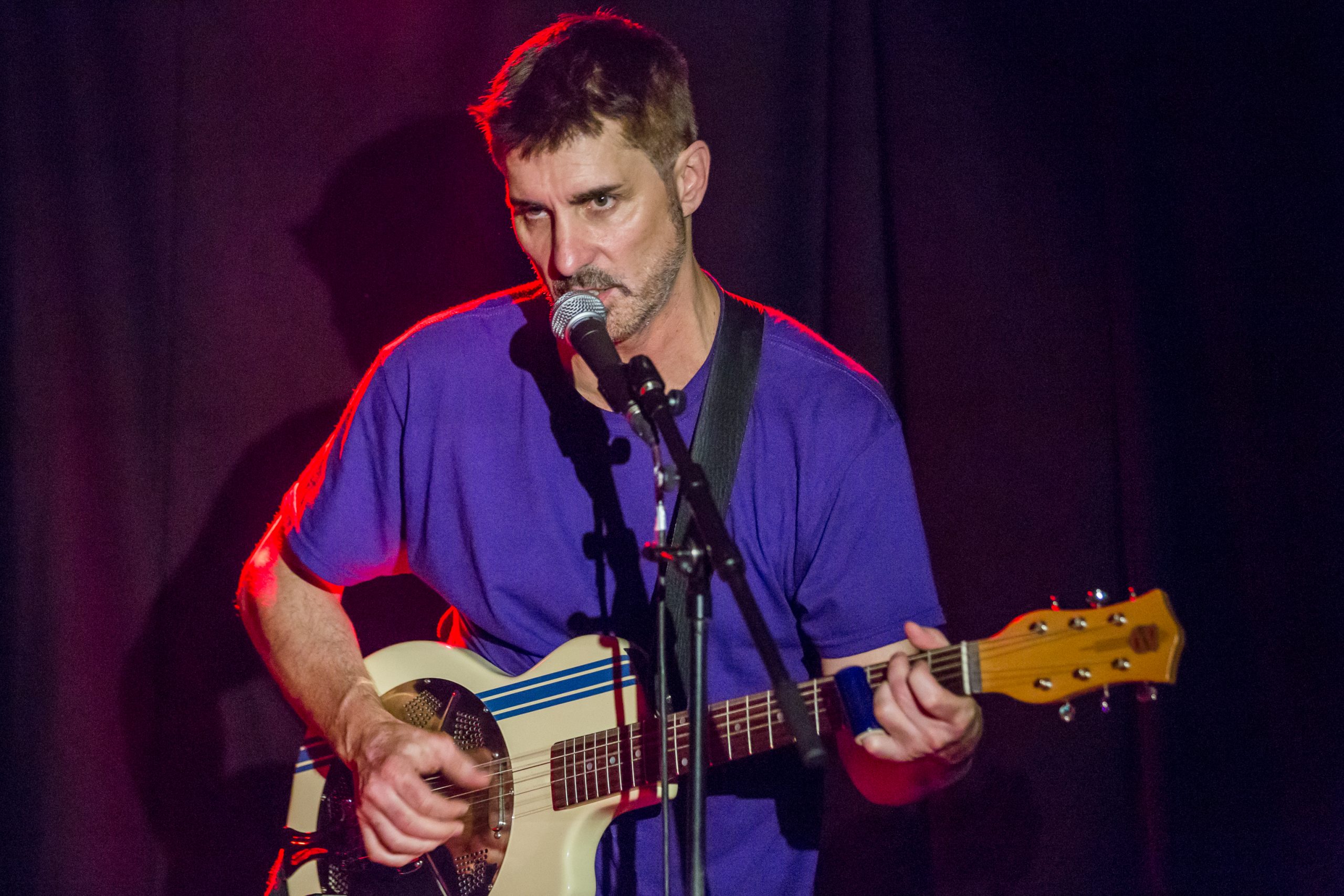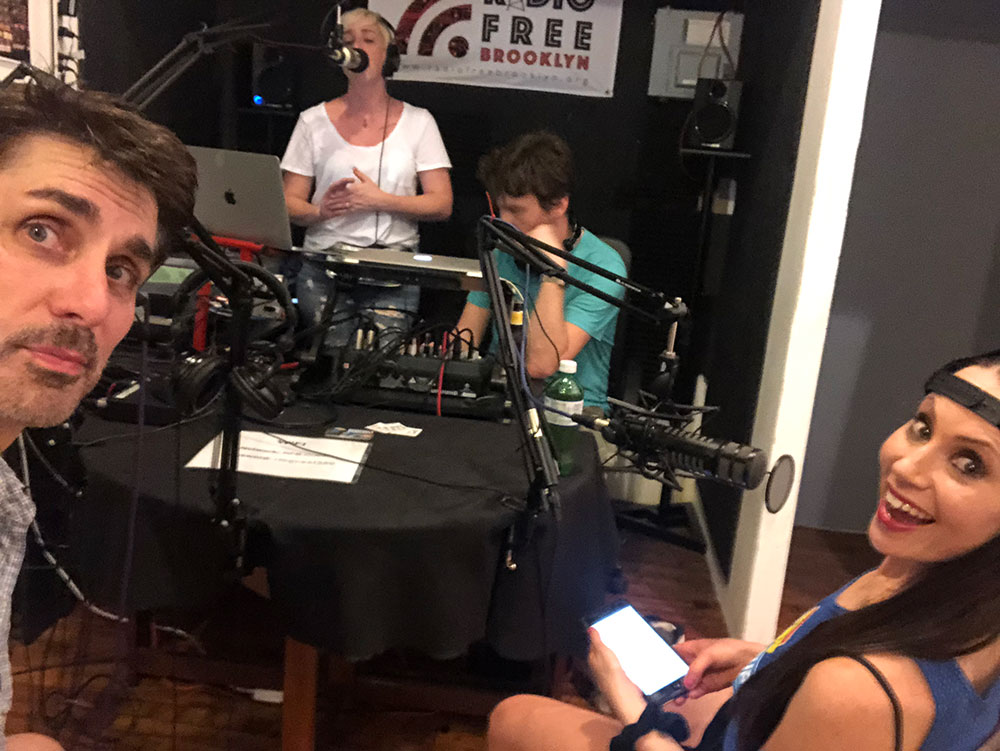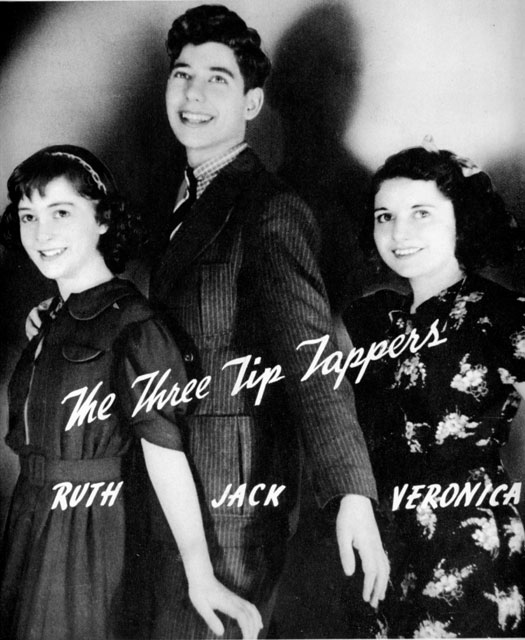Embracing Suicide Wednesday
(Live on the stage of Theater 3 at Surgeon's Hall in Edinburgh, image by Chris Scott.) Let me tell you about Suicide Wednesday. As prepared as I was going to Edinburgh Fringe, I did not know about Suicide Wednesday, and it’s important to share what I...


